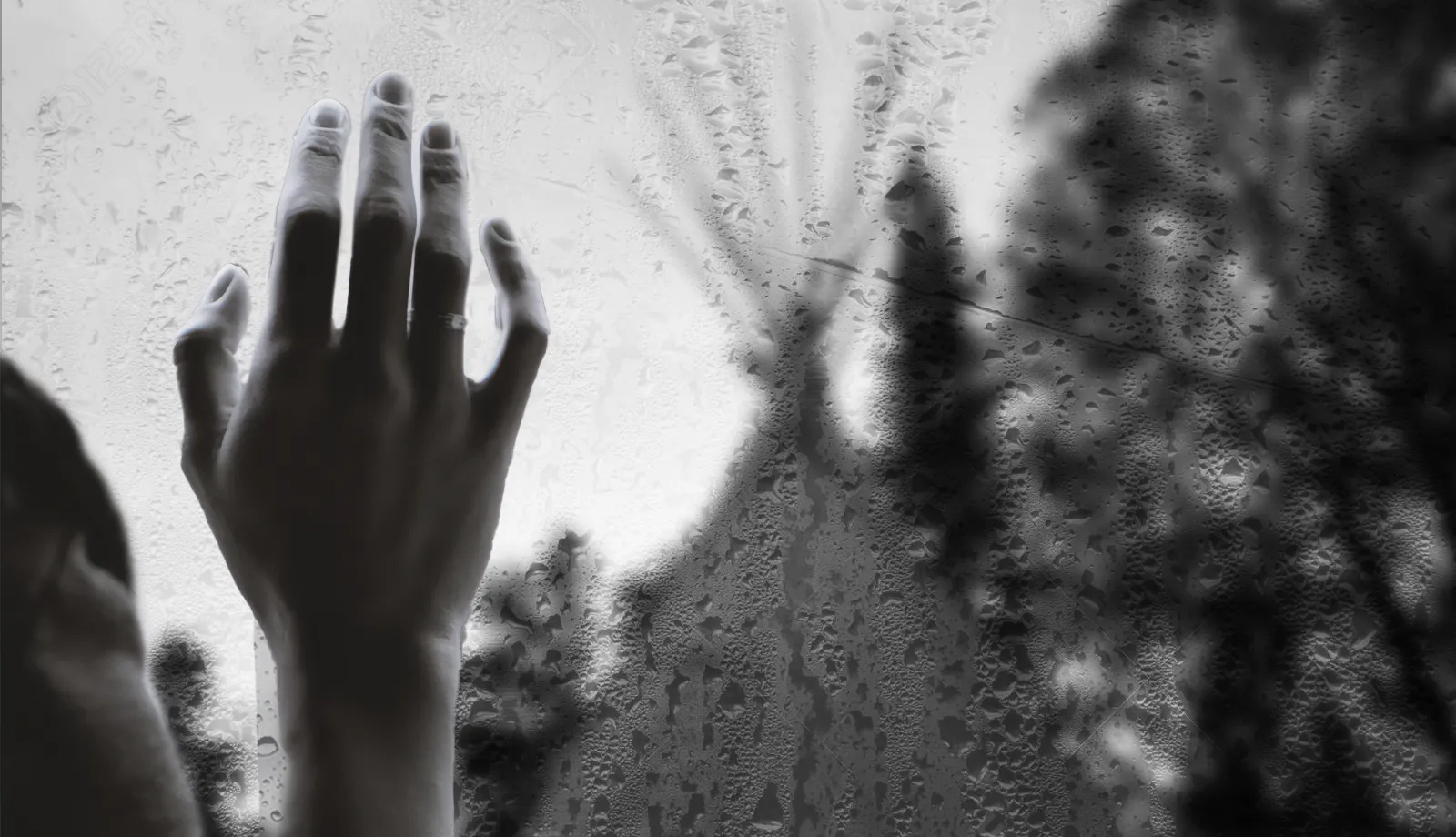4 minutes - Article
Indigenous young people can face tough challenges dealing with grief and loss.
Indigenous young people can face tough challenges dealing with grief and loss. The impact of historical and cultural traumas on their communities for generations has made their losses even harder to handle. They may lose loved ones, land, language, culture, and identity, which can affect their mental, emotional, physical, and spiritual well-being.
Indigenous youth are incredibly strong and resilient! They have unique strengths and resources to help them manage their grief and loss. Their connection to their ancestors, traditions, spirituality, and community can provide a powerful source of support while they work towards healing and finding hope for the future.
Acknowledge your feelings.
Grief and loss can trigger a range of emotions, such as sadness, anger, guilt, fear, loneliness, and numbness. These emotions are normal and valid, and they need to be expressed and acknowledged. There is no right or wrong way to grieve, and everyone grieves in their own way and at their own pace.
Some ways to acknowledge your feelings are:
- Talk to someone you trust, such as a family member, a friend, an Elder, a counsellor, or a support group.
- Write down your thoughts and feelings in a journal, a letter, a poem, or a song.
- Express yourself through art, music, dance, or other creative outlets.
- Cry when you need to and let yourself feel the pain of your loss.
- Be gentle and compassionate with yourself, and don’t judge or criticize yourself for how you feel.
Honour your loss
Grief and loss can make you feel disconnected from yourself, your culture, and your spirituality. However, you can honour your loss by reconnecting with your roots and your values, and by celebrating the life and legacy of the person or thing you lost.
Some ways to honour your loss are:
- Participate in traditional ceremonies, rituals, and practices that are meaningful to you and your culture, such as smudging, drumming, singing, dancing, storytelling, or fire ceremonies.
- Visit the places that are sacred or significant to you and your loved ones, such as the land, the water, the sky, or the gravesite.
- Create a memorial or a tribute for the person or thing you lost, such as a photo album, a collage, a quilt, a painting, or a sculpture.
- Share your memories and stories of the person or thing you lost with others who knew them or cared about them.
- Carry something that reminds you of the person or thing you lost, such as a piece of jewellery, a clothing item, a token, or a symbol.
Seek support.
Grief and loss can make you feel isolated and alone, but you don’t have to go through it by yourself. You can seek support from others who understand and respect your culture, your spirituality, and your experience.
Some ways to seek support are:
- Reach out to your family, your friends, your community, and your Elders, and ask for help when you need it.
- Join a support group or a program that is designed for Indigenous youth who are coping with grief and loss, such as Lumara’s Indigenous Wellness Program.
- Access online resources and information that are relevant and helpful for Indigenous youth who are dealing with grief and loss, such as Living My Culture
- Contact a helpline or a crisis centre that can offer you emotional support and guidance, such as Kids Help Phone or Hope for Wellness.
Find Hope
Grief and loss can make you feel hopeless and despairing, but you can find hope and meaning in your life. You can do this by focusing on your strengths, your goals, your dreams, and your purpose.
Some ways to find hope are:
- Remember your ancestors, and how they survived and thrived despite the hardships and challenges they faced.
- Recognize your resilience, and how you have overcome and learned from the difficulties and obstacles you have encountered.
- Embrace your identity, and be proud of who you are, where you come from, and what you believe in.
- Follow your passion, and pursue what you love, what you are good at, and what you want to achieve.
- Make a difference, and contribute to your community, your culture, and your world in positive and meaningful ways.
